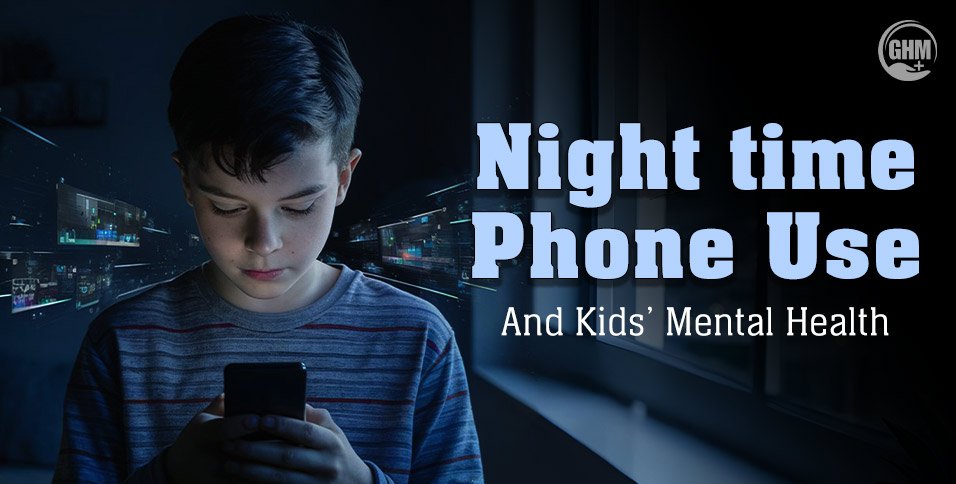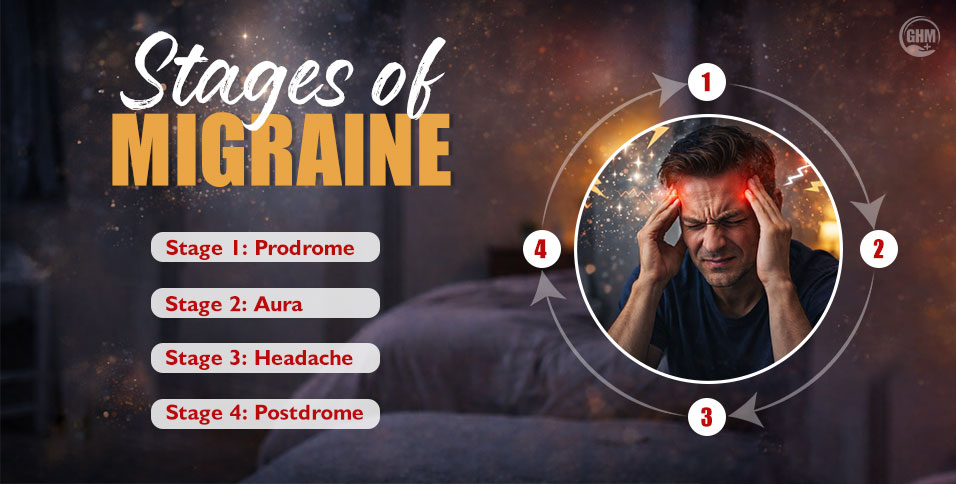When a 10-year-old girl in the U.S. tragically died by suicide, her mother turned her grief into action. She is urging parents to set limits on nighttime phone use. The heartbreaking story has shed light on how smartphones affect the mental health of children and teenagers, especially when used late into the night.
“If one family takes away the phone at bedtime because of my story,” the grieving mother told CBS News, “then maybe another child’s life will be saved.”
This case isn’t isolated. Across the world, experts are warning that unrestricted nighttime phone use can disrupt sleep, heighten anxiety, and increase risks of self-harm. This is shaping a silent mental health crisis among young people.
A Mother’s Grief Sparks A Movement
According to CBS News, the mother of a 10-year-old girl, Autumn Bushman, who died by suicide, discovered her daughter had been using her phone late at night, exposed to distressing messages and bullying online. The mother now advocates for “no-phone zones” during bedtime, urging other parents to monitor children’s device access after dark.
Her message echoes a growing chorus of paediatricians, psychologists, and educators who say that nighttime phone use is not just a lifestyle issue. It’s a mental health concern that needs urgent attention.
“When phones replace sleep, they replace emotional stability,” says Dr Alison Baker, a child psychiatrist at Stanford University. “We see growing patterns of mood dysregulation, anxiety, and suicidal ideation linked to late-night screen exposure.”
How Nighttime Phone Use Affects the Brain
Children and teens are particularly vulnerable to the effects of nighttime phone use because their brains and emotional regulation systems are still developing.
Here’s how it impacts mental health:
1. Blue Light and Sleep Disruption
Smartphone screens emit blue light, which suppresses melatonin, the hormone responsible for sleep. Teens who use phones at night often struggle with sleep onset, leading to fewer deep-sleep cycles. Poor sleep is directly linked to mood swings, irritability, and depressive symptoms.
2. Continuous Stimulation and Anxiety
Notifications, messages, and social media activity keep the brain in a state of alertness. This “always-on” mentality increases cortisol levels, the stress hormone, even after bedtime, fostering anxiety and restlessness.
3. Online Bullying and Emotional Overload
Nighttime is when many kids engage in private online conversations. Without adult supervision, late-night social interactions can expose children to online bullying, rejection, or harmful content, all of which heighten feelings of isolation.
4. Emotional Dysregulation and Suicide Risk
Repeated sleep deprivation and exposure to negative online interactions may lower emotional resilience. Studies in the Journal of Adolescent Health have shown that poor sleep quality increases the likelihood of suicidal thoughts in teens by up to 58%.
The Rising Trend: Smartphones & Teen Suicide Rates
Globally, mental health experts have noticed an alarming overlap between smartphone dependency and rising suicide rates among adolescents.
- The U.S. Centres for Disease Control and Prevention (CDC) reported a 60% rise in teen suicide rates over the past 15 years.
- A 2024 Lancet Digital Health study found that teens spending more than 3 hours per night on phones after bedtime were twice as likely to report self-harm behaviours.
- Paediatricians now routinely screen for nighttime phone use during mental health assessments.
These findings underline that digital behaviour is no longer a neutral lifestyle choice, but a critical health factor.
Why Children Are Especially Vulnerable
Unlike adults, children lack the emotional maturity to filter online interactions or manage their sleep issues independently. Their developing brains are highly sensitive to changes in circadian rhythm or the body’s natural clock.
This disruption becomes dangerous when paired with online bullying or exposure to triggering content. Many experts link nighttime phone use with an increased risk of impulsive acts, including overdose, suicide and self-harm among preteens.
Can We Regulate Nighttime Phone Use
Countries such as France and Japan have started implementing school-level bans or parental control initiatives to limit smartphone use among minors.
In the U.S., lawmakers are discussing “digital curfew” legislation that encourages tech companies to build in bedtime lock features.
Tech firms like Apple and Google already offer features like “Screen Time” and “Digital Wellbeing,” but most parents don’t activate them. Experts argue that awareness, not just technology, is key.
A Global Wake-Up Call
The story of the mother who lost her daughter serves as a heartbreaking reminder that technology use at night can have devastating consequences. Her message, to limit nighttime phone use, is not about fear, but about protection.
As the world navigates the complex relationship between smartphones and mental health, one truth stands out: the human brain still needs darkness, rest, and real connection.













